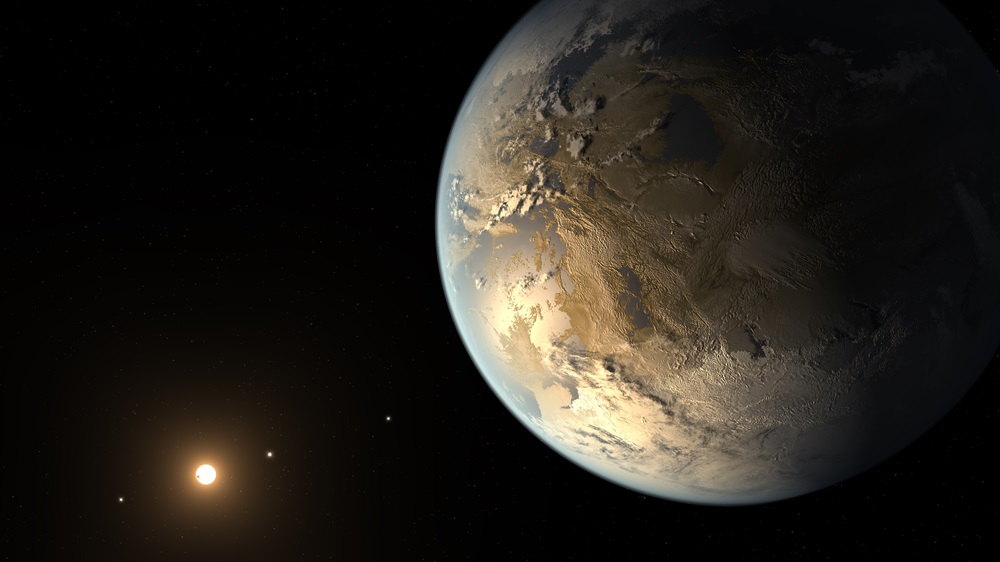Astronomy featured research from Joshua Pepper, professor of physics, in the article "What would Earth look like to alien astronomers?"
The study, "Which stars can see Earth as a transiting exoplanet?," by Pepper and Lisa Kaltenegger, director of the Carl Sagan Institute at Cornell University, was published in Monthly Notices of the Royal Astronomical Society.
"What if there were intelligent beings on another planet? And if they were looking at the Earth, which of those star systems could they be living in that would enable them to see Earth?," asks the research.
The researchers have identified five exoplanets that are close enough to Earth that extrasolar astronomers could theoretically spot our planet, reports Astronomy.
"Watching a planet pass in front of its star, known as a transit, is currently the best way we have of looking for exoplanets" said Pepper. "That made it a natural choice for how other planets might spot us."
The full story can be read on the Astronomy website.





